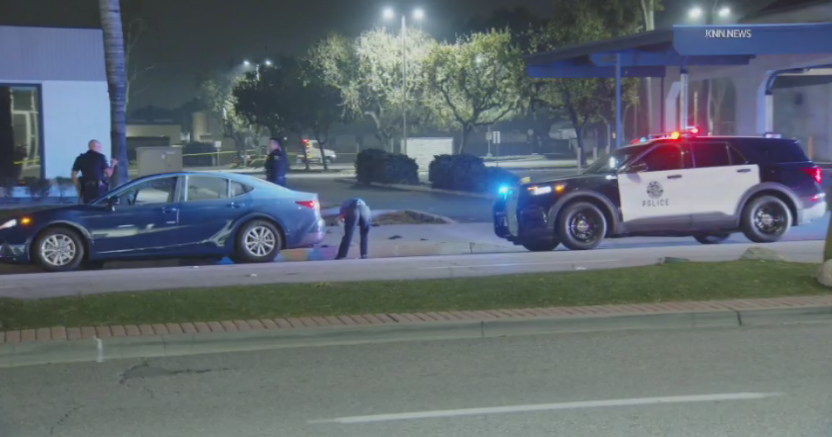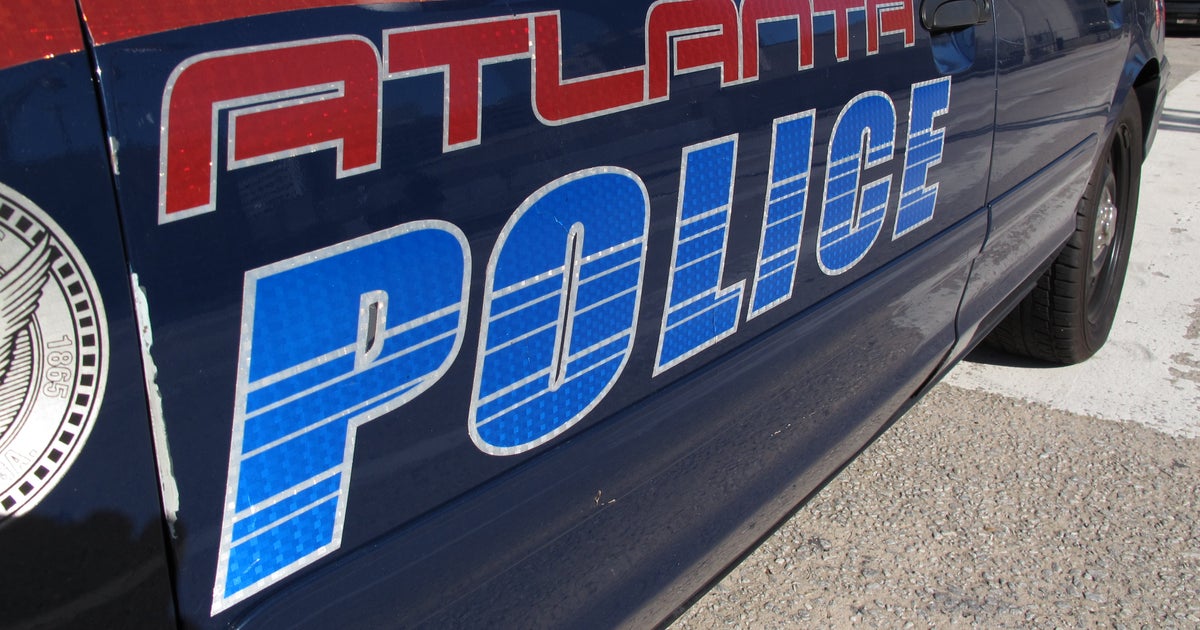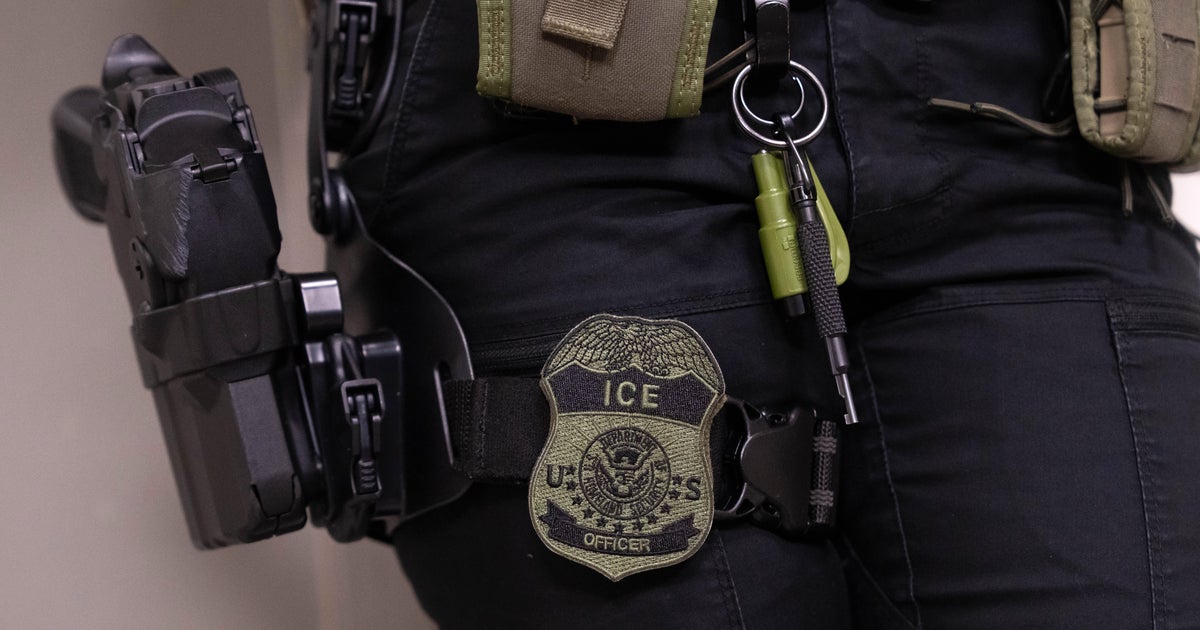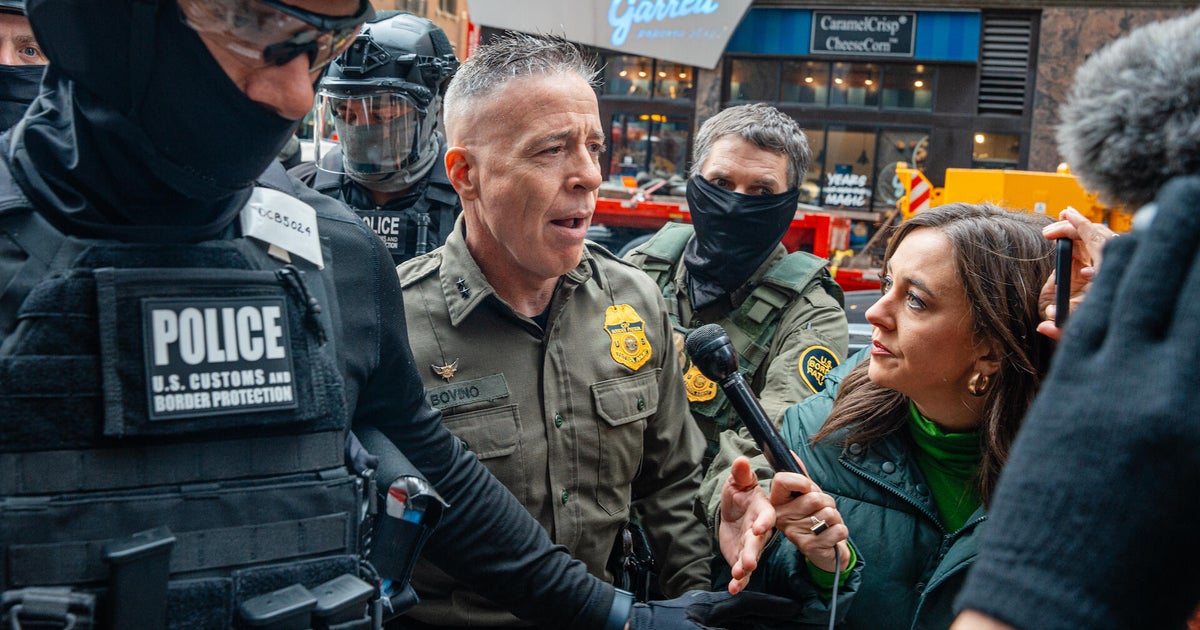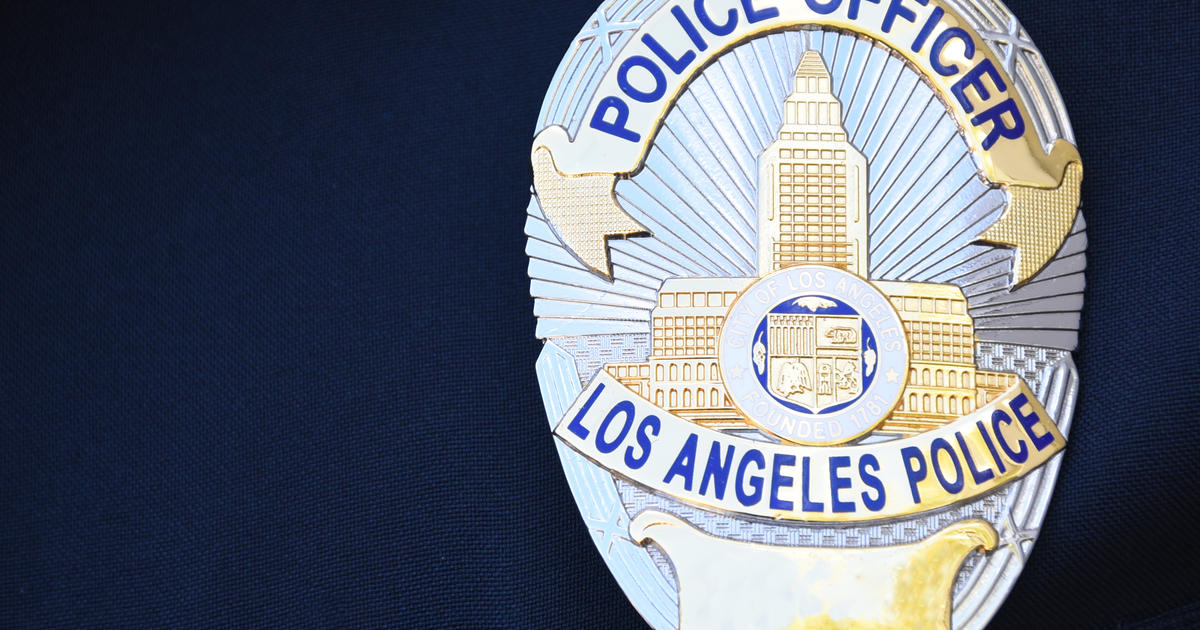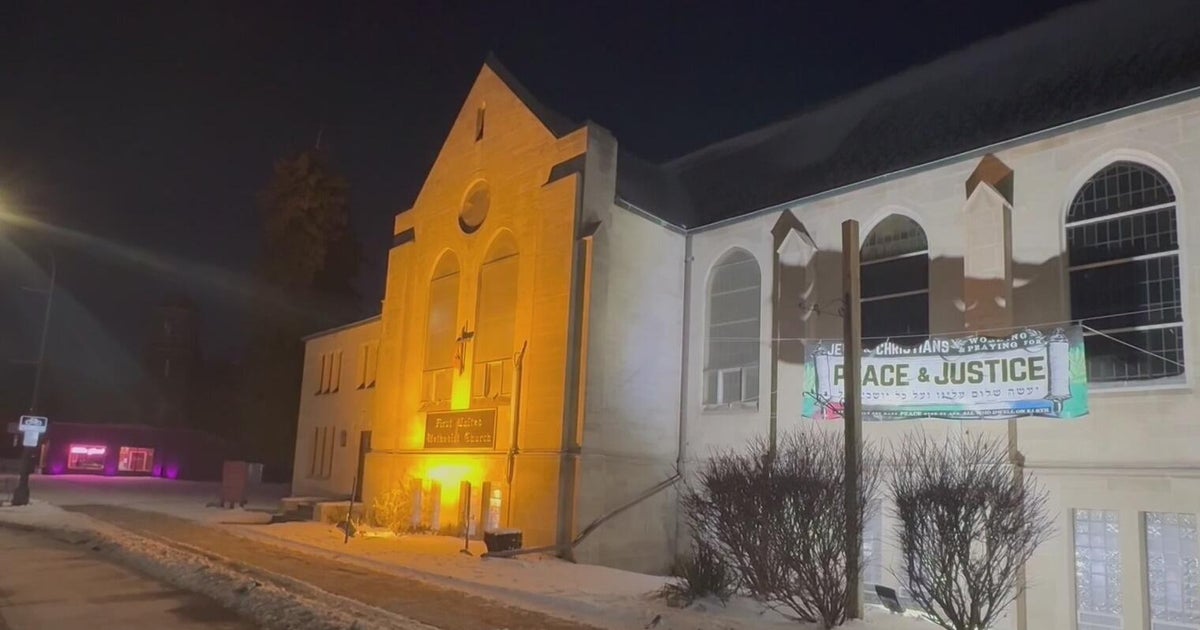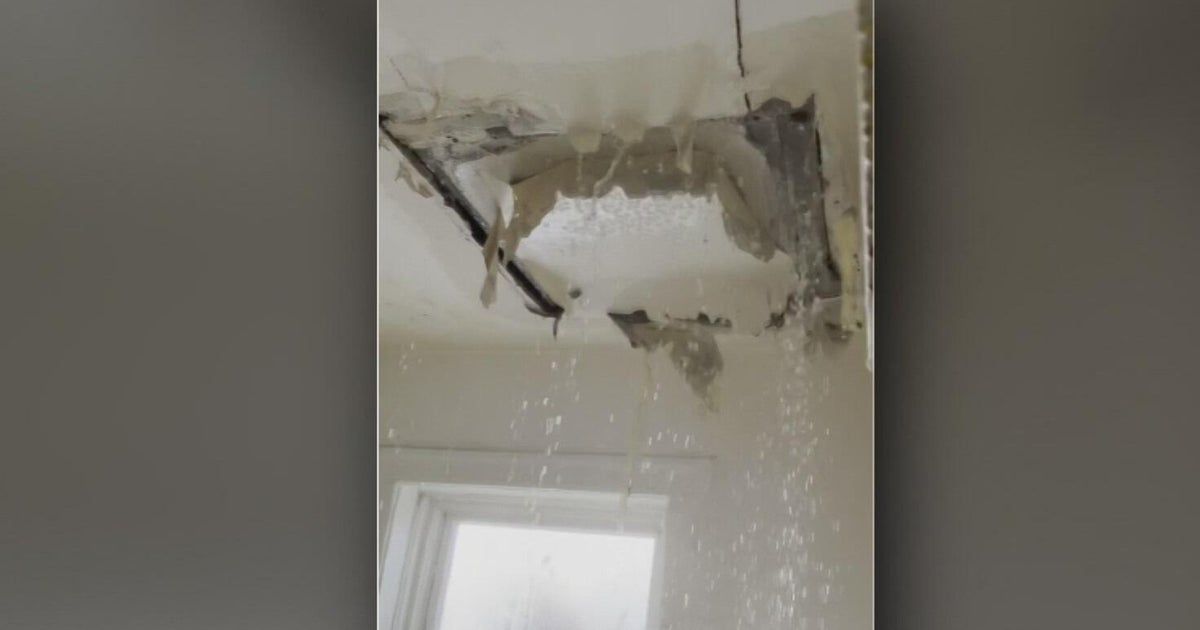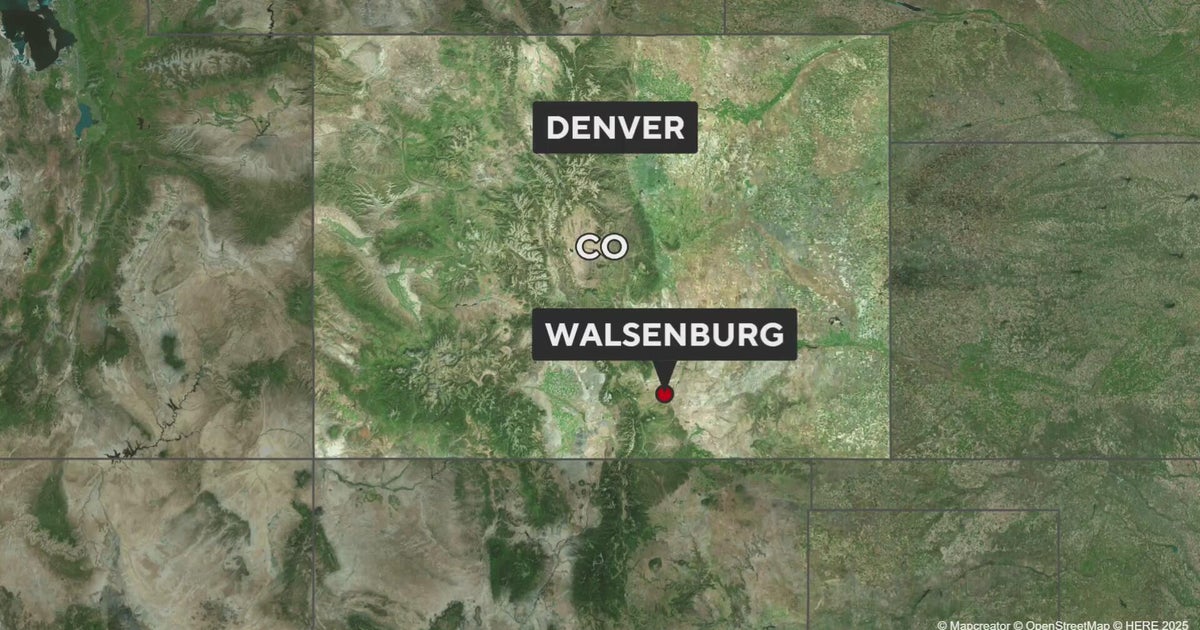The Age Of Drones: Military May Be Using Drones In US To Help Police
LOS ANGELES (KNX 1070 NEWSRADIO) — As the Federal Aviation Administration helps usher in an age of drones for U.S. law enforcement agencies, the use of unmanned aerial vehicles (UAV's) domestically by the U.S. military — and the sharing of collected data with police agencies — is raising its own concerns about possible violations of privacy and Constitutional law, according to drone critics.
A non-classified U.S. Air Force intelligence report obtained by KNX 1070 NEWSRADIO dated April 23, 2012, is helping fuel concern that video and other data inadvertently captured by Air Force drones already flying through some U.S. airspace, might end up in the hands of federal or local law enforcement, doing an end-run around normal procedures requiring police to obtain court issued warrants.
LISTEN: PART ONE OF KNX 1070'S CHARLES FELDMAN'S INVESTIGATIVE REPORT
Podcast
"We've seen in some records that were released by the Air Force just recently, that under their rules, they are allowed to fly drones in public areas and record information on domestic situations," says Jennifer Lynch, an attorney with the San Francisco based Electronic Frontier Association, who is looking into various government surveillance techniques.
"This report noted that they are able to collect that information and then determine whether or not they can keep it."
The revised Air Force report is a continuation of a policy already a few years old, but is causing more alarm now as drones appear poised to soon become a ubiquitous presence in U.S. skies thanks to a federal policy to promote their use, first by law enforcement agencies, and then by commercial concerns.
A "streamlined" process for police departments to apply for permits to fly drones was recently introduced by the FAA.
LISTEN: PART TWO OF KNX 1070'S CHARLES FELDMAN'S INVESTIGATIVE REPORT
Podcast
Drone manufacturers are gearing up to pitch an estimated 18,000 police departments in the U.S. on the benefits of flying drones.
Many law enforcement agencies in Southern California — including the LAPD and Los Angeles County Sheriff's Department — are evaluating the usefulness of drones in the greatly restricted and highly congested airspace that surrounds the L.A. basin.
Neither agency has yet purchased a drone, officials at both departments tell KNX 1070 NEWSRADIO.
LISTEN: PART THREE OF KNX 1070'S CHARLES FELDMAN'S INVESTIGATIVE REPORT
Podcast
Under U.S. Air Force rules, drones are not allowed to conduct "non-consensual surveillance" on U.S. citizens or property, though there are some apparent exceptions.
What has critics alarmed is that data collected by drones accidentally, under the guidelines, can be kept by the military up to three months before being purged and can also be turned over to "another Department of Defense or government agency to whose function it pertains."
The Air Force guidelines permit using drones domestically to assist law enforcement in "investigating or preventing clandestine intelligence activities by foreign powers, international narcotics activities , or international terrorist activities." More vague is language that also allows military cooperation with local law enforcement for the purposes of "preventing, detecting, or investigating other violations of law."
In an email to KNX 1070 NEWSRADIO, Air Force spokesperson Capt. Rose Richeson said, "The Executive Branch has promulgated detailed Departmental and Intelligence Community-wide instructions and directives about when it is appropriate to share information with federal, state, local, and tribal law enforcement agencies consistent with the protection of privacy and civil liberties."
But Capt. Richeson goes on to say that "a court order or warrant is not required in all circumstances."
The military's use of drones domestically will pale by comparison should sales to police departments take off.
AeroVironment, a defense contractor based in Monrovia, California, is trying to market a three-foot long, roughly five-pound drone called Qube specifically to police departments.
